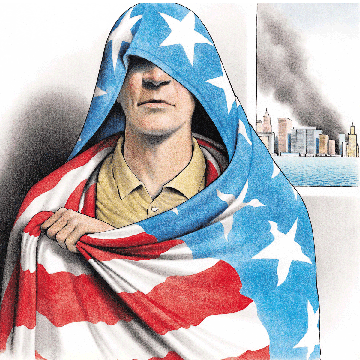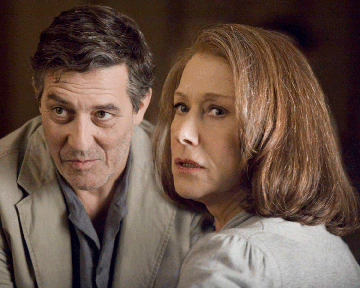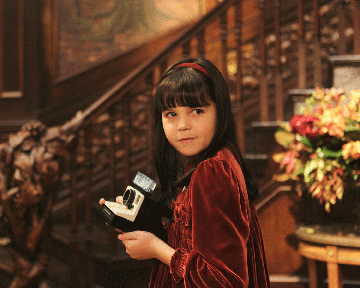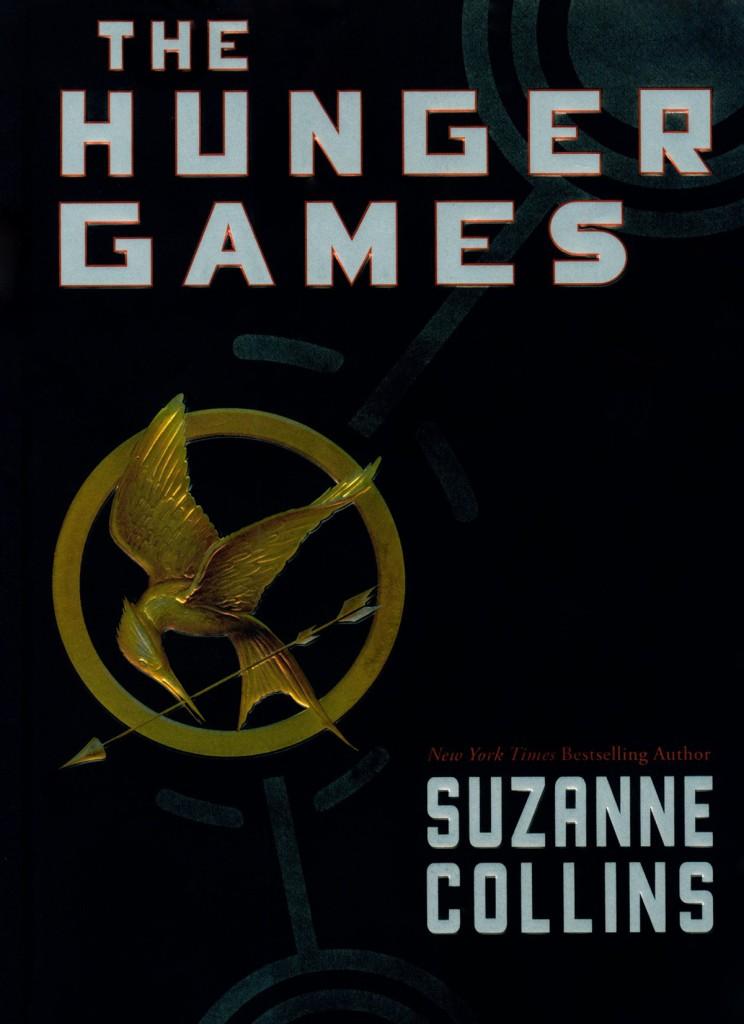
Sunday will mark the 10th anniversary of the attacks on the World Trade Center and the Pentagon.
On that day and the days leading up to it, Americans are called to remember the fear. Nearly 3,000 were murdered, 2,416 of them civilians. Four hundred and three more were composed of 343 firefighters and paramedics, 23 New York police officers and 37 Port Authority police officers who died on the job. By January 2002, 300 firefighters were on leave for respiratory problems that arose from their time in the rubble.
An estimated 20 percent of Americans knew a victim personally, according to New York magazine.
We are called to remember the shock. The U.S. had been attacked and threatened by terrorist groups before, but not with this level of organization. When a couple of men bombed Oklahoma City, the incident was horrifying but isolated. This time, before any investigation was ever conducted, the American people knew the hijackers were organized because of the distance and time between attacks.
We are called to remember the quiet skies. Every commercial airliner landed as soon as possible and none took off for two days. Tens of thousands were stranded in airports for the duration.
We are called to remember how hard it was to reconcile the attacks with reality, how hard it was to explain to our children, or understand if we were children, exactly what had happened and why. We are called to remember the uncertainty of living in a country that seemed invincible one day but vulnerable and afraid the next.
However, we are also called to remember the 36,000 units of blood donated following the tragedy. We are called to remember the impromptu volunteer efforts that cleaned up the rubble, saving hundreds that would have died slowly and police and rescue workers from across the country who took leaves of absence to go to New York and offer their expertise.
We are called to remember those who stayed in the towers to help the disabled get down the stairs. We are called to remember the passengers of Flight 93, who had both the mettle to accept their fate and the strength to make sure they died alone.
We are called to remember how many flags appeared where none had been. We are called to remember the fresh recruits, who suddenly had to wait in line to join the military.
We are called to remember the perseverance and tenacity that has carried this country through poverty, civil war and famine and over the course of 235 years has not allowed us to entirely forget our roots. We are called to remember the freedoms of speech and religion that many have laid, are laying and will continue to lay down their lives for.
We are not just called to remember death. We are called to remember what makes us Americans and why the attacks were, ultimately, failures.


























